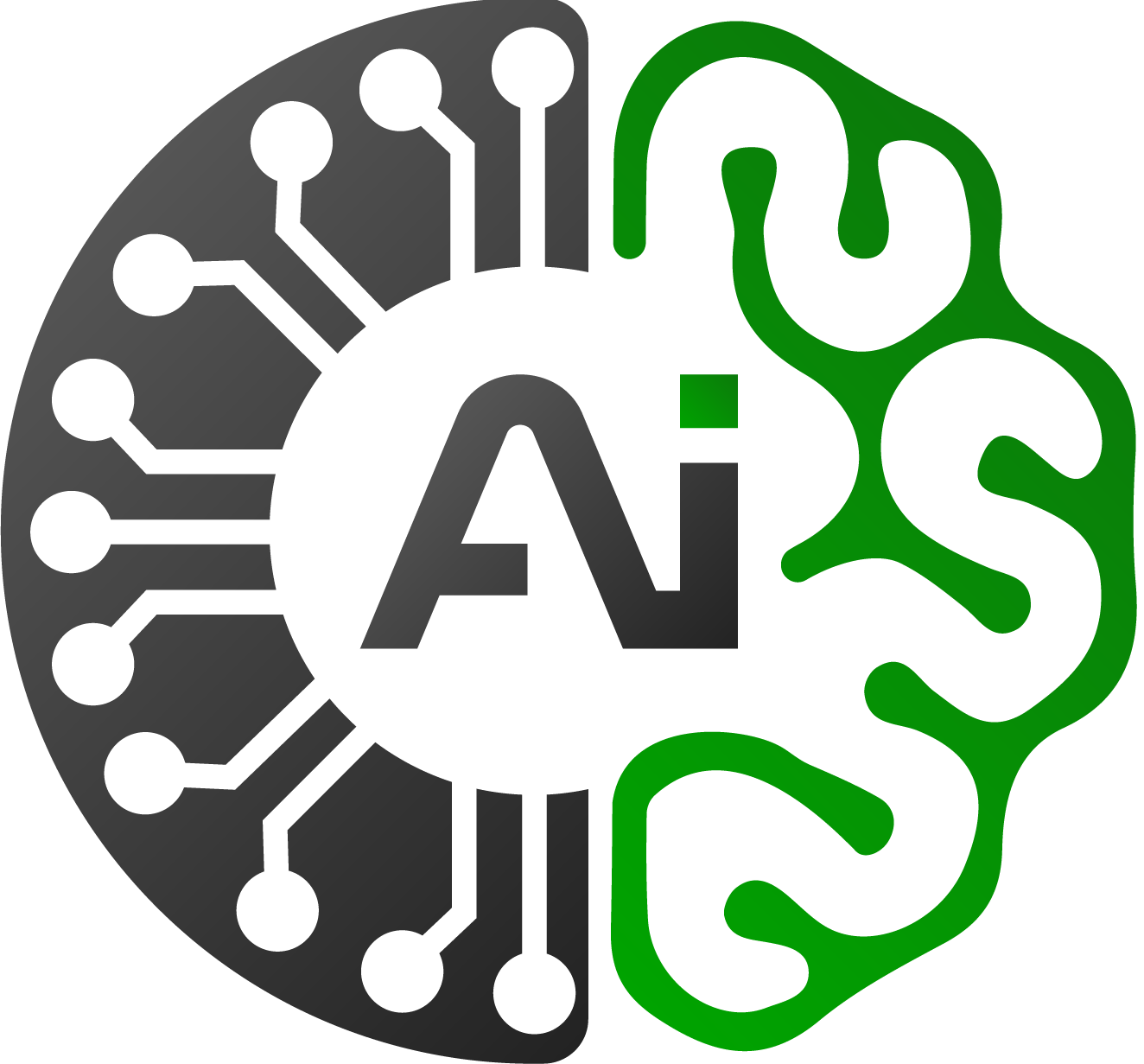
Machine learning (ML) is a powerful branch of Artificial Intelligence (AI) that allows computers to learn without explicit programming.
It’s revolutionizing the way we interact with technology and holds immense potential for solving challenges across Africa.
This guide unpacks the fundamentals of machine learning, explores AI and machine learning applications in African contexts, and equips you with the tools to delve deeper.
Introduction to Machine Learning
Imagine teaching a computer to identify cats in pictures. Traditionally, you’d write complex code outlining every detail of a cat. Machine learning takes a different approach.
You feed the computer a vast collection of labeled images – pictures of cats and non-cats.
By analyzing these examples, the machine learning algorithm identifies patterns and relationships between the image features and the labels.
Over time, it learns to differentiate cats from other objects with increasing accuracy.
This core concept – learning from data – underpins all machine learning. Here are some key terms to understand:
- Data: The raw material for machine learning. It can be anything from text and images to numbers and sensor readings.
- Algorithms: The mathematical formulas that analyze data and learn from patterns. Different algorithms are suited for different tasks.
- Models: The output of an algorithm after it’s trained on data. These models can be used to make predictions or classifications on new, unseen data.
- Training: The process of feeding data to an algorithm to help it learn and improve its performance.
Common Machine Learning Algorithms Explained
The vast world of machine learning algorithms can be daunting, but understanding a few key types can be a great starting point:
- Supervised Learning: Like our cat identification example, supervised learning involves training a model with labeled data. The algorithm learns the relationship between inputs (image) and outputs (cat/not cat) and can then make predictions on new, unseen data. Examples include spam filtering and image recognition.
- Unsupervised Learning: In this scenario, the data is unlabeled. The algorithm identifies hidden patterns and structures within the data itself. This can be useful for tasks like customer segmentation (grouping similar customers) or anomaly detection (identifying unusual patterns in data).
- Reinforcement Learning: Here, the algorithm learns through trial and error in a simulated environment. It receives rewards for desired actions and penalties for mistakes, continuously improving its decision-making. This is often used in game-playing AI and robotics, AI and Machine learning applications .
These are just a few of the many machine-learning algorithms available. Choosing the right one depends on the specific problem you’re trying to solve.
Applications of Machine Learning in African Contexts
Machine learning’s potential extends far beyond social media filters. Here’s how it’s impacting Africa:
- Agriculture: ML algorithms can analyze weather data, soil conditions, and satellite imagery to predict crop yields, recommend optimal planting times, and identify plant diseases. This empowers farmers to make informed decisions and improve agricultural efficiency.
- Healthcare: AI-powered systems can analyze medical images for early disease detection, predict patient outcomes, and personalize treatment plans. This can revolutionize healthcare access in resource-limited settings.
- Finance: Machine learning is used for fraud detection, credit scoring, and personalized financial recommendations. This promotes financial inclusion by allowing access to financial services for unbanked populations.
- Environmental Management: AI can analyze data on deforestation, wildlife migration patterns, and climate change to develop sustainable practices and protect the environment.
These are just a few examples, and the possibilities are constantly evolving.
Getting Started: Tools and Resources
The good news? You don’t need a Ph.D. in computer science to explore machine learning. Here are some resources to get you started:
- Online Courses: Platforms like Coursera, edX, and Udacity offer a variety of beginner-friendly machine learning courses.
- Open Source Libraries: Powerful tools like TensorFlow and PyTorch provide pre-built algorithms and functionalities, making it easier to experiment with machine learning.
- Online Communities: Communities like Kaggle and Machine Learning Crash Course offer forums, tutorials, and datasets for learning and collaboration.
Remember, machine learning is a journey, not a destination. Start by familiarizing yourself with the basic concepts, explore online resources, and don’t be afraid to experiment with small projects.
Real-World Examples in Action
Here are some inspiring examples of how machine learning is making a difference in Africa:
- Precision Agriculture in Kenya: The Peasant Farmers Association uses machine learning to analyze soil data and provide Kenyan farmers with customized fertilizer recommendations, leading to increased yields and improved livelihoods.
- Fraud Detection in Nigeria: Cellulant, a leading African fintech company, leverages machine learning to detect fraudulent transactions in real time, protecting businesses and consumers from financial crime.
- Disease Prediction in South Africa: This research initiative by the North-West University in South Africa utilizes machine learning to identify early markers for cardiovascular disease (CVD) development in Black South Africans. This research has the potential to revolutionize preventative healthcare by enabling early intervention for this leading cause of death.
These examples showcase the power of machine learning in tackling critical health challenges in Africa.
The Future of Machine Learning in Africa
As model development in machine learning continues to evolve, we can expect even more transformative applications across Africa:
- Personalized Learning: Machine learning algorithms can personalize educational experiences by tailoring learning content and pace to individual student needs.
- Smart Cities: AI-powered systems can optimize traffic flow, manage energy consumption, and improve waste management, creating more efficient and sustainable cities.
- Disaster Management: Machine learning can analyze weather data and satellite imagery to predict and prepare for natural disasters, minimizing loss of life and property damage.
By embracing machine learning and fostering a culture of innovation, Africa can harness this technology to address its unique challenges and unlock a future of prosperity and progress.
In Conclusion
Machine learning is no longer science fiction; it’s a powerful tool with real-world applications that are transforming Africa.
By understanding the fundamentals, exploring available resources, and staying curious, you can become part of this exciting journey.
Whether you’re a developer, entrepreneur, or simply an interested individual, there’s a place for you in the world of machine learning.
Let’s leverage the power of AI to build a brighter future for Africa, together!

I learned a lot from this article—it was written in such an engaging way!
The site’s design is sleek and modern.